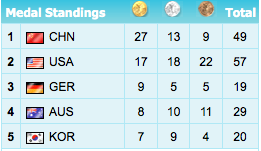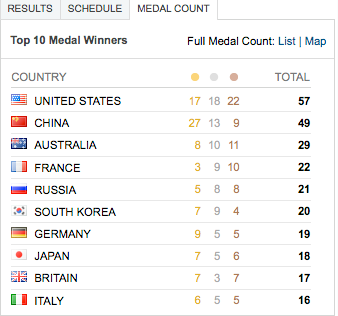It isn’t. Stop lying to yourself, you’re smarter than that.
This quote bothers me particularly when combined with any of the “carpe diem” variants. While today is TECHNICALLY the first to the rest of your life, it could also be the second, third, or 84th. And while you’re sitting there musing about a new beginning, your subconscious is busy with the following messages:
1) Stop lying to me, yesterday feels exactly the same as today.
2) Everything you have accomplished up to this point has been pretty much practice.
3) What about tomorrow’ Is that the second day, or are we starting over AGAIN?
4) Stop lying, there’s no real difference.
5) You just weren’t good/important/special enough the last 7300+ days, but today might be different.
6) Essentially you’ve accomplished nothing worthy of keeping so far.
7) Seriously, stop lying.
New beginnings are a nice place to retreat to when we don’t feel good about ourselves, but it’s by far not the best place to go. Don’t forget that starting over is probably the hardest things anyone can do (if it’s even possible), and that beginnings are usually the most difficult part of any process.
Routine is not always a bad thing, being in the middle at least suggest that you have less than the full path to go. If we believe in the Chinese adage “A good beginning is the half of success”, then you’re essentially taking a 50% chance of messing up the rest of your life, EVERY DAY.
Do you really want that kind of odds?





